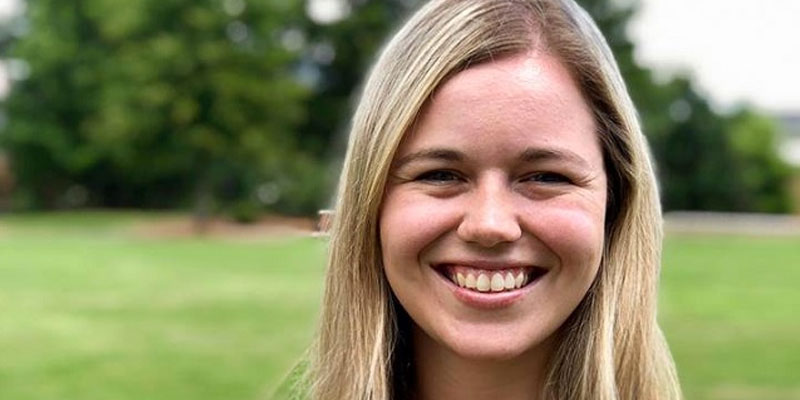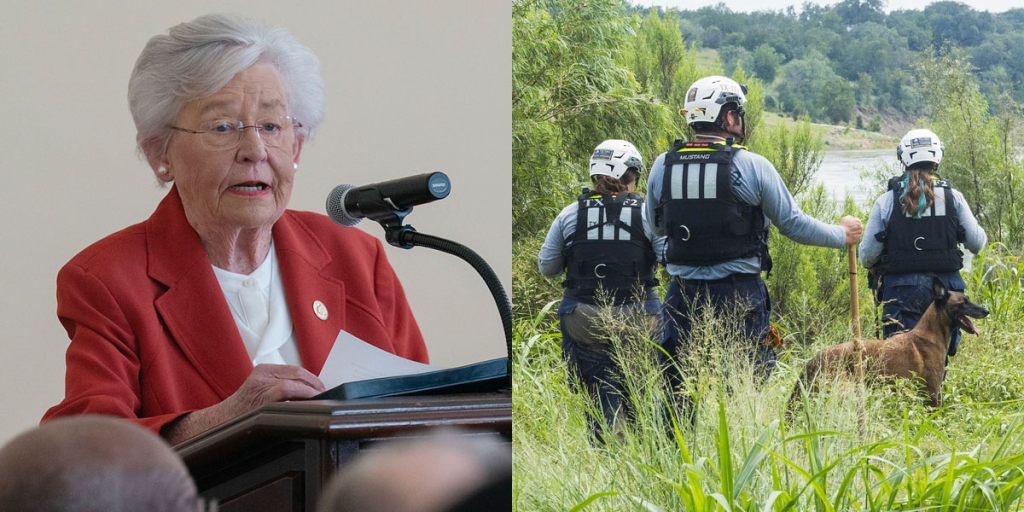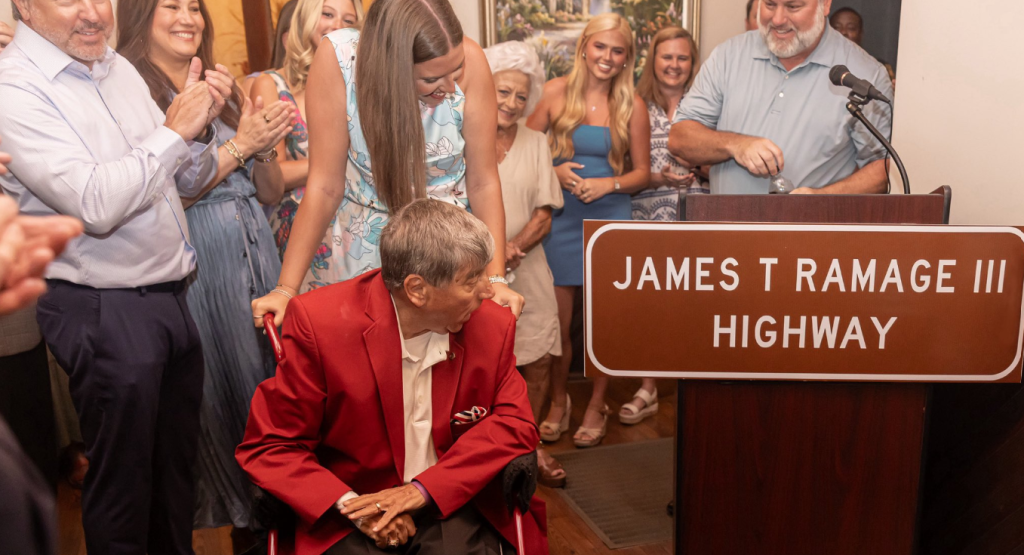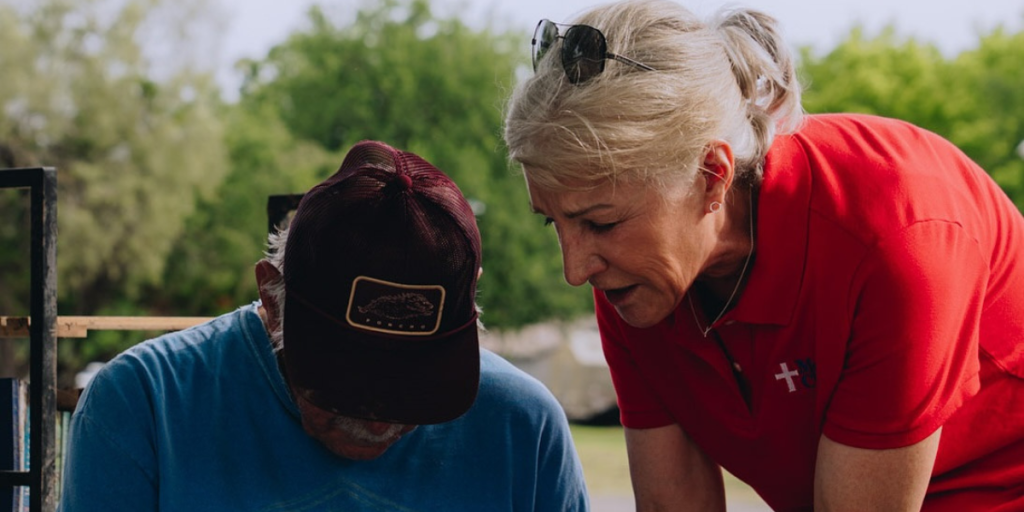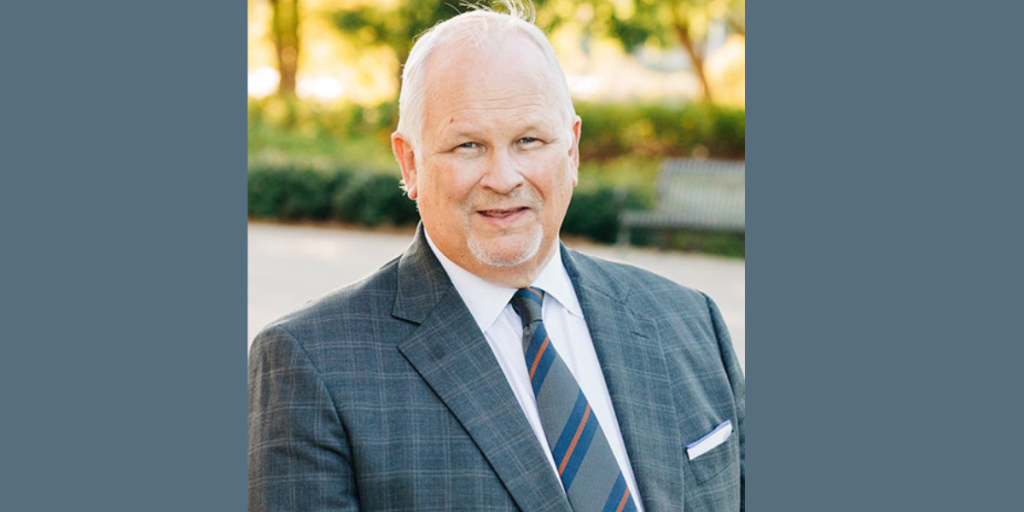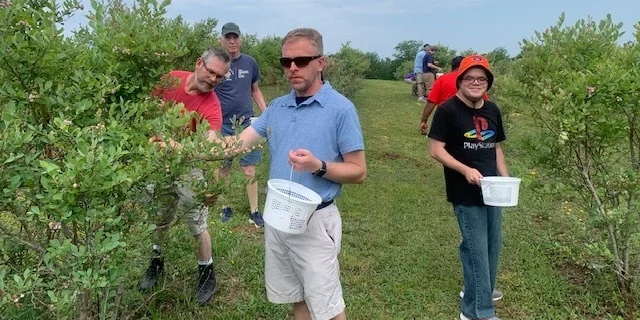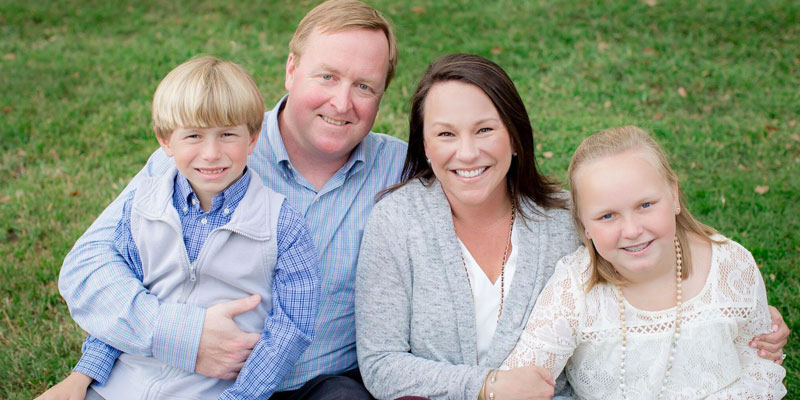Markie Pasternak remembers the first day she realized her special ability had a name.
And before we get too far ahead of ourselves, let’s make it clear. She really remembers the day. All of it.
“I was in college at Marquette, and it was Aug. 26, a Tuesday in 2014,” she says. “I was wearing this white dress with red and blue flowers on it and a little jean pullover thing that day. It was an afternoon class, my second day of not living in the dorms. I think I made some pasta for lunch, because I was getting used to cooking for myself.”
Pasternak, now 25 and working in Student Affairs at Auburn University, could go on and on about that day of her psychology class, and she’d get most, if not all, of the details right. She’s one of a few dozen people known to have highly superior autobiographical memory, or HSAM, the ability to recall almost every day of her life in great detail.
For Pasternak, the memories begin just before her 11th birthday in 2005.
“About a year after that, I would think back and know what I was doing a year ago,” she says. “I remembered things like, ‘We parked here,’ and ‘We walked in this door.’ And then in eighth grade, two years later, I was like, ‘Oh, my gosh, I can remember what happened three years ago on this day.’”
“When you’re in a small town like Green Bay from a working-class family, and you’re a first-generation college student, you don’t necessarily have the academic resources for someone to tell you, ‘Hey, this is a special ability, and they’re doing research on it,’” she says.
That all changed at Marquette, when Pasternak, a psychology major, walked into that class about learning and memory.
“My teacher started talking about different types of memory and memory abilities that people have, and she suddenly started talking about HSAM,” Pasternak says. “She didn’t know the name of it, and she didn’t know much about it, but she said, ‘There is this ability out there where people have a calendar in their brain, and they can remember what happened on every day of their life.’ And I was like, wait, I can do that.”
She credits her professor, Kristy Nielson, with what happened next.
“I went up to her after class, and I’m like, ‘I think I have that thing,’” Pasternak says. “And what really amazes me about Dr. Nielson in that moment is she started by believing me. She didn’t say, ‘Oh, yeah, a lot of people think they have it’ or anything like that. She said, ‘OK, tell me more. … When I say Dec. 11, what pops in your head?’
“And immediately I could see it in my head, and I was like, ‘Oh, in 2009 that was a Friday, and I volunteered to chaperone a middle school dance as a high school volunteer, and then I went shopping at the mall for Christmas presents. I started telling her things that happened around that time, like how on the ninth there was a huge snowstorm in Green Bay and all the schools were canceled. I tried to give her verifiable events, because anyone can just say that they went shopping on a certain day. But the thing is, I actually know. I’m not making stuff up.”
Spend just a little time with Pasternak, and you know she’s not making it up. Give her specific dates and she’ll tell you all about them. Give her events and she’ll tell you when they happened, as long as it’s after 2005. (HSAM didn’t help Pasternak pass history classes – she has to have lived through a day to remember it.)
Nielson pointed Pasternak in the direction of the University of California, Irvine, where James McGaugh, a research professor in neurobiology and behavior, has been studying HSAM since 2000. He and his team tested Pasternak and then welcomed her to a group that numbers fewer than 100 around the world.
Some people would say Pasternak was diagnosed with HSAM, but she shies away from that word.
“I call it an ability,” she says. “Some people will say I was ‘diagnosed,’ which I think has a negative connotation to it. It’s really stigmatizing, because there are parts of HSAM that are hard to live with in some ways, but those parts are really tied to the fact that I also have diagnosed obsessive compulsive disorder. So I would say the negative parts of my memory are more tied to that disorder, an actual disorder, than it is having this ability.”
The negative part of HSAM? Pasternak can remember the wonderful things that happened in her life, but she remembers everything else, too – the good, the bad and the ugly.
“There were times where I was really confused in high school,” she says. “If I really got into a memory I would dwell on something, and there were times where I’d even write the wrong date on a paper because I was really focused on two years ago or something like that. And I think that disrupted me a little bit.
“There’s an element of forgiveness that goes into being a human being that we all need to practice consciously, but it can be a little hard when you can remember exactly the words that somebody said to you that were so rude,” she adds. “I can lose myself in memories pretty easily, and there are times where I’ll relive really emotionally hard things, and I’ll be stuck in a rut because I’m reliving a breakup or I’m reliving a death or something.”
A new pet, a dog named Brooks that Pasternak adopted in December (Dec. 7, 2018, to be exact) – has helped her snap out of those moments when she gets stuck on a date.
“I think of it as waking out of a dream or something like that,” Pasternak says. “I know I’ve only had Brooks for the past couple of months, so looking at him, I’m like, ‘Wait, it’s not 2015, because I have you here.’ So it’s comforting, because I have this thing that wasn’t here before. So that’s been helpful.”
Others with HSAM have called it “exhausting,” and Pasternak says it can be, but for her the negatives are outweighed by the positives, including researchers using those with HSAM to try to shed some light on Alzheimer’s disease.
“So they’re thinking, if we’ve got these people with almost super-ability for autobiographical remembering, but we also have people who lose that ability at some point, what is the difference in their brains?” she says. “So they’re using a lot of our research, I think, for Alzheimer’s, and for depression, too. That’s a big one.”
Pasternak has become friends with others with HSAM, corresponding with them via social media and, in some cases, meeting them face-to-face. She was not a part of a 2010 “60 Minutes” segment in which actress Marilu Henner acknowledged she has HSAM, but Pasternak has participated in press events with others in her “small family.”
“I met Joey and Nicole, and we did a segment for Scientific American, and the three of us just jived super well, so we have a group chat,” she says.
There’s also Becky in Australia, whom Pasternak joined on “60 Minutes Australia,” and Jessica, who is from Las Vegas and, at age 11 last year, was among the youngest people determined to have HSAM. “I haven’t met her, but I’m friends with her mother on Facebook,” Pasternak says.
Pasternak knows that people are intrigued by her and others who have HSAM, and she embraces it. She happily lets people test her when they find out about it.
“My friends are all over the spectrum,” she says. “I’ve got friends who love to talk about it and love that this is a part of me. I’ve got friends who never bring it up. I’ve got friends who don’t really understand it and maybe have no interest in understanding it. And I’ve got friends who want to talk about it all the time and are like, ‘Hey, can I use your memory for a sec?’
“I love it,” she adds. “It’s fun to talk to people and be like, ‘I remember on this day you did this.’ Because it makes people feel special that you remembered something they did or they said or something good that happened to them.”
(Courtesy of Alabama NewsCenter)




